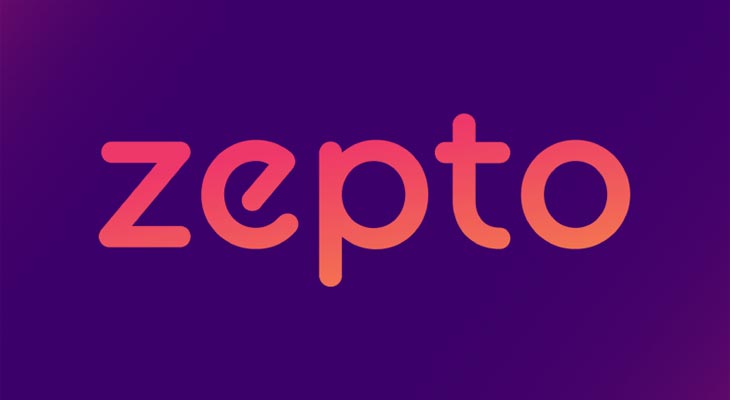Zepto Implements Top Management Restructuring, Appoints New COO and Chief Growth Officer
- ByStartupStory | June 1, 2023

Zepto, a startup backed by YCombinator, announced a restructuring of its top management team. The positions of COO and chief growth officer have been replaced, with Vinay Dhanani, the former COO, now assuming the role of president of supply chain and category. Dhanani, who joined Zepto in June 2021 as COO, brings valuable experience from his previous positions at Flipkart and ITC. The new position will focus on improving Zepto’s supply chain economics and overseeing both buyer-side and seller-side categories. This strategic move aims to optimize Zepto’s operations and enhance its overall performance in the market.
Zepto has announced in an official statement that Vikas Sharma, formerly the senior vice president of operations, will be taking over as the Chief Operating Officer, replacing Dhanani. Sharma, who joined Zepto in 2021 to oversee central and city operations, has previously held positions as the head of hyperlocal operations at Flipkart and the head of supply chain at Pepperfry.
In a recent development, Amritansu Nanda, the current chief growth officer, will be succeeded by Viral Jhaveri, according to an official announcement. Jhaveri, currently serving as the chief business officer, has a notable background, having previously held positions at Uber Eats in India and as the director of operations at Freight Tiger, a prominent logistics firm.
According to an official statement, Amritansu Nanda, who has been serving as the chief growth and marketing officer since July 2021, will be resigning from his position to prioritize his health and family. These significant personnel changes follow the recent appointment of Ramesh Bafna as the chief financial officer at the quick commerce company. Bafna brings valuable experience from his previous role as CFO at Zilingo, a fashion startup backed by Sequoia, as well as his tenure overseeing finance and inventory divisions at Myntra, which is owned by Flipkart, for over three years.
Bafna has previously served as the finance head for various categories at Flipkart, including fashion, home, and furniture. Additionally, he has invested in several startups, such as Teamonk, Hesa (an agritech platform), and White Inc. Zepto, a company that has secured over $361 million in funding from notable investors like Y Combinator, Nexus Venture Partners, Global Founders Capital, and Glade Brook Capital, is currently valued at nearly $900 million. Moreover, Zepto has plans to go public within the next 2-3 years.
As Zepto, the quick commerce startup, grapples with the complex economics of its operations, the company witnesses a change in its CFO position. While striving to maintain its core 10-minute delivery service, Zepto also ventured into the grocery scheduling space, but subsequently decided to discontinue the service.
Zepto, the company, has recently unveiled a farmer engagement application in order to digitize supply chains and broaden their selection of fruits and vegetables. Additionally, they introduced Zepto Café in April of the previous year, which aims to provide quick delivery of coffee and snacks within a 10-20 minute timeframe, as a means to expand their sources of income. According to CEO Palicha’s statement to Moneycontrol, Zepto’s cash burn rate is significantly lower compared to other companies with similar revenue levels, with operating costs and discounts making up approximately 20% of that expenditure.
Zepto is not the only company facing changes in its operations. JioMart, which is owned by Reliance, recently ceased its express delivery services. Likewise, Ola, a mobility firm, shut down Ola Dash in June of the previous year. In an effort to minimize losses, similar businesses such as Swiggy’s Instamart, Zomato’s Blinkit, and Bigbasket’s BBNow are exploring strategies to increase order values and extend delivery timelines. According to a reports last month, Swiggy rebranded its morning grocery delivery service, Supr Daily, to InsanelyGood, abandoning the subscription-based model.
“We’re realising that to perfect this model and this category, we need to have a combination of both decades of experience—our leadership team of specialists has decades of experience in supply chain and growth, marketing and finance—and first-principles thinking, which we bring in with our fresh perspectives,” Palicha had said.









